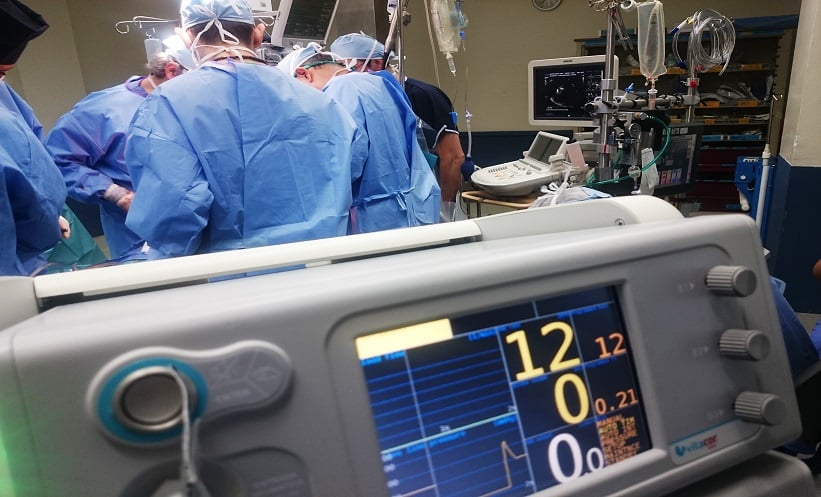LIVER transplantation is regarded as the treatment of choice for patients with hepatocellular carcinoma (HCC). Despite the adoption of restrictive selection tools by transplant-governing bodies, post-transplant HCC recurrence still remains a cause of morbidity and mortality among these individuals. Therefore, Karim Halazun, Associate Professor of Surgery, Weill Cornell Medicine, New York City, New York, USA, and colleagues explored whether the dynamic α-fetoprotein response (AFP-R) could improve pre-operative prediction of patient outcomes.
The researchers aimed to externally validate the New York/California (NYCA) score, the first model incorporating a dynamic AFP-R (defined as the difference between maximum and final pre-liver transplant α-fetoprotein [AFP] levels). The validated score was then compared with currently accepted HCC selection tools, specifically the Milan Criteria (MC), the French-AFP (F-AFP), and Metroticket 2.0 models. The analysis included 2,236 adults who underwent liver transplant for HCC at three centres in the USA, one in Canada, and four in Europe between 2001–2013.
The NYCA score demonstrated superiority to other available tools. For instance, receiver operating characteristic analysis showed that the validated score was significantly better at predicting recurrence, with a Harrell C statistic of 0.66, compared to 0.60, 0.57, and 0.58 for Metroticket 2.0, F-AFP, and MC, respectively. Furthermore, 83.1% of patients who did not meet MC, 69.2% of patients who did not meet F-AFP, and 76.1% of patients who did not meet Metroticket 2.0 would be re-categorised as either low-risk or acceptable-risk NYCA group, with a 5-year recurrence-free survival and 5-year overall survival of more than 70% and 75%, respectively. “Our data suggest that AFP-R is a more robust biological metric than simply using AFP at listing or transplant,” stated the authors.
In a commentary accompanying the study, Chirag Desai, Associate Professor of Surgery, and Sidney Barritt, Associate Professor of Medicine, University of North Carolina School of Medicine, Chapel Hill, North Carolina, USA, noted: “A few critical issues from these data need to be considered.” For example, all participants were deemed to have appropriate tumour biologic factors and consequently there was substantial selection bias in the study population. Despite this, Desai and Barritt concluded: “This study advances our knowledge regarding the predictive ability of AFP-R” but “universal adaptation for decreased donor graft allocation still needs prospective allocation.”








